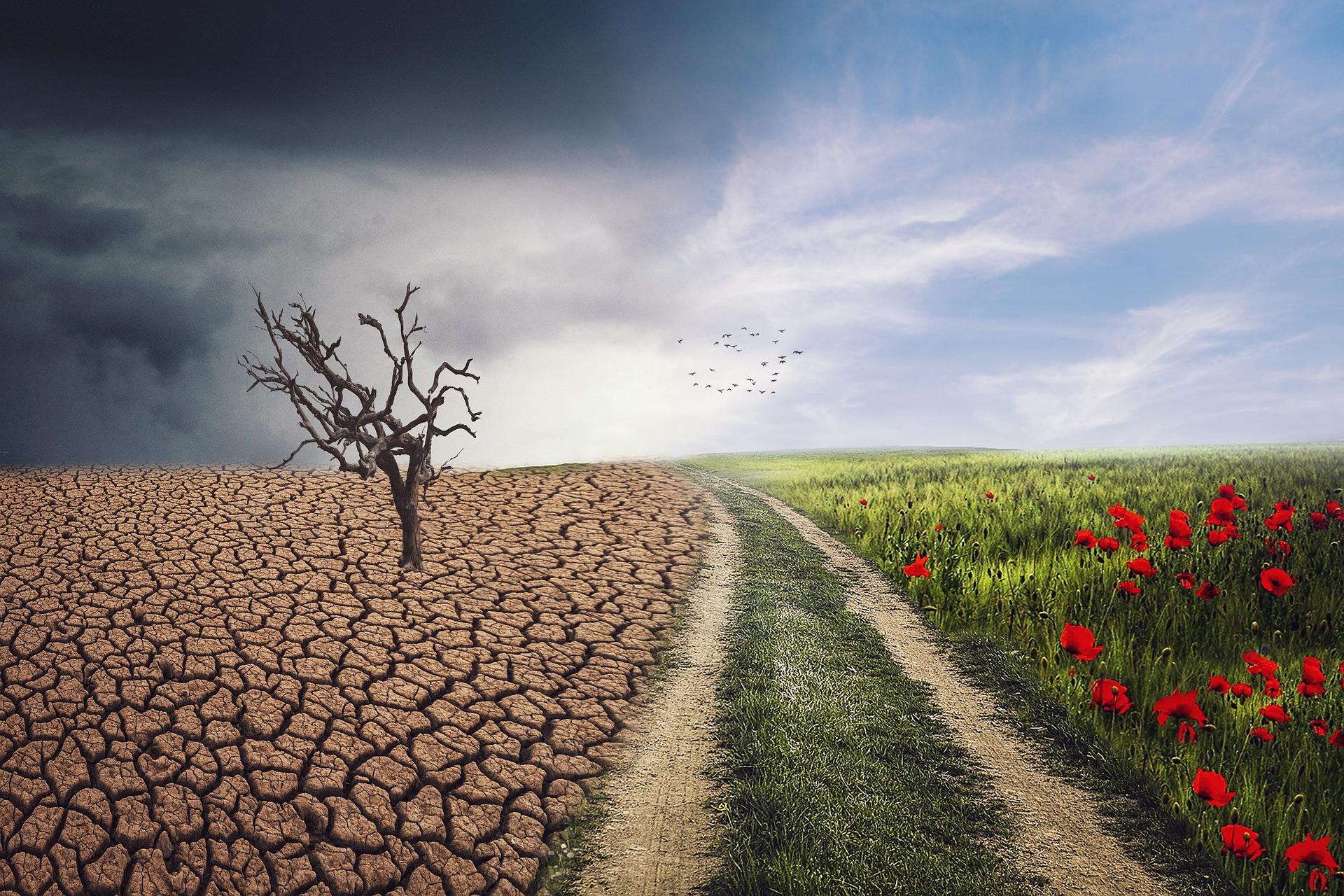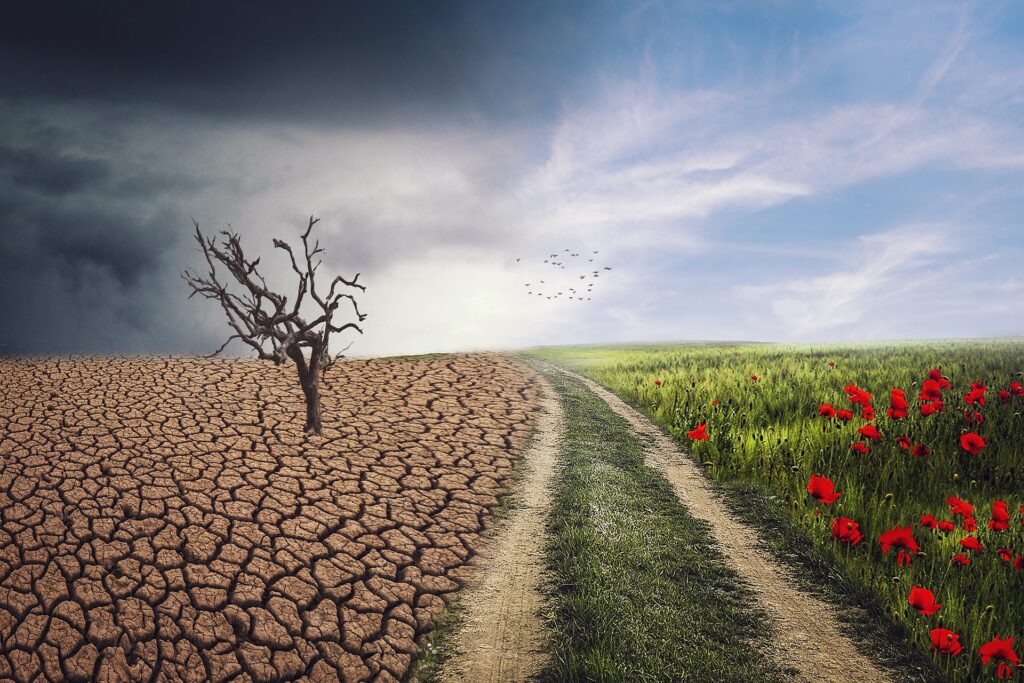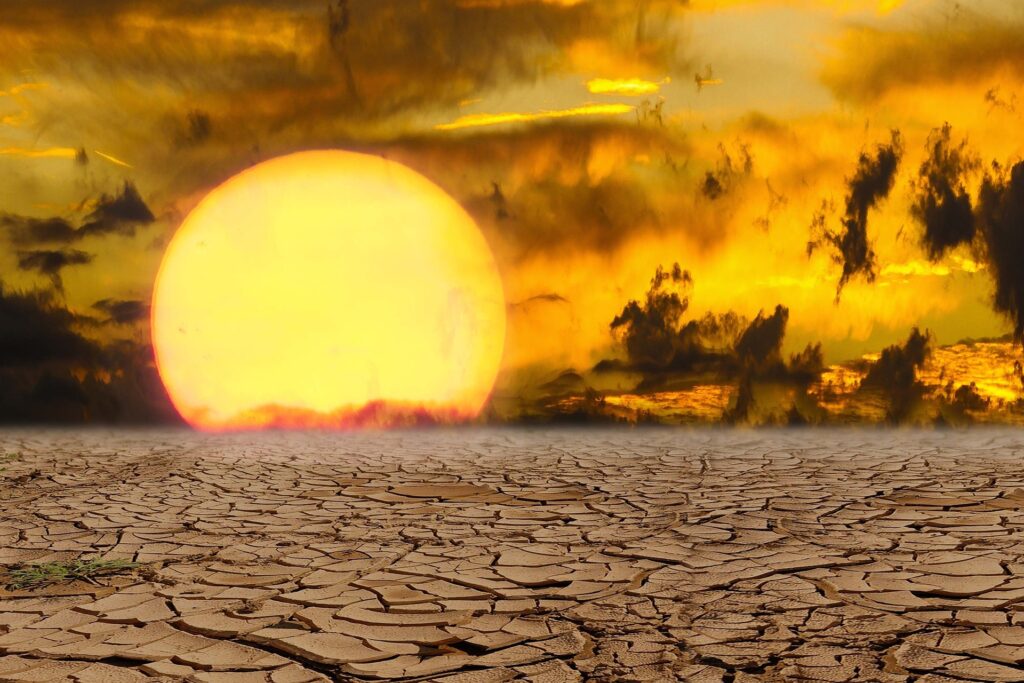headline summary
Measures to stop or slow glacier melt, a key indicator of the impacts of climate change, have “already been defeated,” according to new data released by the United Nations.
The report says glacier melt has increased dramatically in recent decades and shows no sign of slowing down.
A new report from the United Nations’ Intergovernmental Panel on Climate Change (IPCC) reveals that glaciers have been melting rapidly in recent decades as temperatures rise due to human-induced climate change.
It is estimated that since 1961, the total amount of global glaciers has decreased by about 8%. This decrease in glaciers may have a wide range of impacts on our environment and ecosystems, such as water security and sea level rise.
The United Nations is tackling this problem through a range of initiatives, including encouraging renewable energy to replace fossil fuels and reducing vehicle and other emissions.
But despite these efforts, glaciers continue to melt at a faster rate than many scientists predicted a few years ago.
For this reason, current climate change countermeasures cannot keep up with the speed at which glaciers are decreasing, and if left unchecked, the earth may fall into a catastrophic situation.
Melting of glaciers is caused by rising temperatures due to global warming. As temperatures rise, glaciers begin to melt at an accelerated rate, making them more vulnerable to human activity such as fossil fuel burning, deforestation and agricultural expansion.
As glaciers melt, the ice sheets break apart, releasing heat-robbing gases into the atmosphere, leading to further warming.
The United Nations also notes that the Greenland ice sheet has lost about 11 billion tonnes of mass each year since 2002 due to glacial melt alone.
In addition to greenhouse gases, glacier melt can also be caused by dust from industrial activities and volcanic eruptions falling on glaciers, absorbing sunlight and melting faster than normal.
Dark surfaces like asphalt roads and roofs also absorb more sunlight than brighter surfaces like snow, leading to higher temperatures in urban areas and greater loss of glaciers near mountainsides.
The impact of melting glaciers is significant, severely impacting humans and animals that depend on ice-covered rivers and lakes for drinking water and food.
In addition, the influx of large amounts of freshwater into the sea will cause sea levels to rise and, if left unchecked, could flood coastal cities around the world.
Furthermore, rising temperatures will affect weather patterns, causing extreme weather events such as droughts and hurricanes to become more frequent around the world, which can adversely affect terrestrial habitats and marine ecosystems.
Take urgent action to combat climate change before it’s too late, such as reducing greenhouse gas emissions with renewable energy rather than relying on fossil fuels,
and improving urban infrastructure to reduce heat absorption near glacial mountains. I have to teach.





コメント